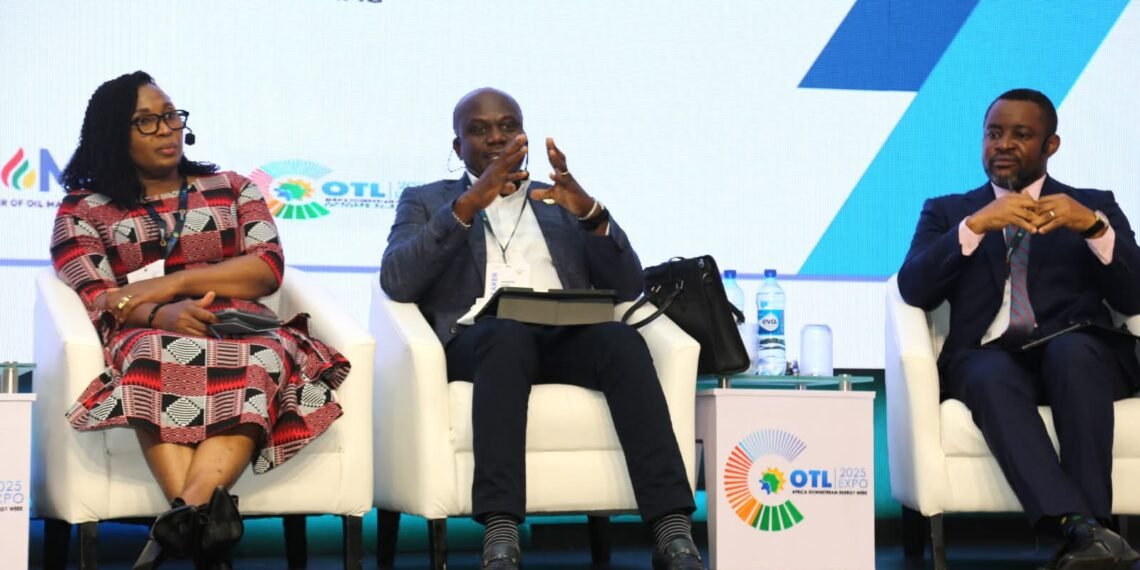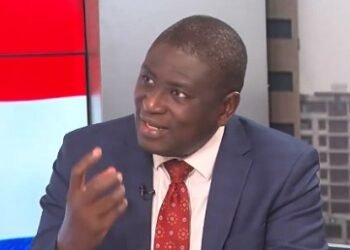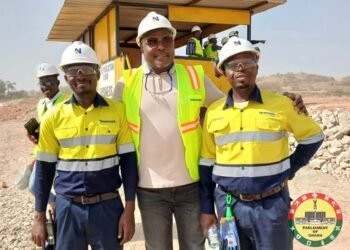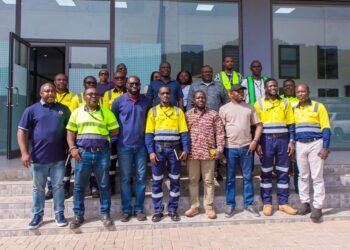The Ghana Chamber of Oil Marketing Companies (COMAC) has made a strong appeal to West African governments to eliminate taxes on Liquefied Petroleum Gas (LPG) in a bid to make clean cooking energy affordable and curb the region’s accelerating deforestation crisis.
Speaking during a high-level panel discussion on “Energy Optimisation, Transition & Sustainability (Gas & Renewables)” at the 19th OTL Africa Downstream Energy Week 2025, COMAC Chairman Gabriel Kumi said existing tax regimes on LPG across the subregion are undermining energy transition goals and pushing millions of low-income households back to using charcoal and firewood.
“LPG was originally intended as a transitional fuel to help reduce the cutting of trees for charcoal.
“Unfortunately, in many African countries, including Ghana, we’ve done the exact opposite by placing multiple taxes on LPG, making it unaffordable for the people who need it most.”
Gabriel Kumi, COMAC Chairman
He explained that the burden of taxes and levies has distorted the market and crippled the continent’s clean energy agenda.
“Across Africa, about 60 to 70 percent of people still rely on firewood and charcoal.
“These are the poorest households who cannot afford LPG. Unless we take bold steps to make LPG affordable, we will not achieve meaningful progress.”
Gabriel Kumi, COMAC Chairman
Ghana’s Case: Impact of “Nuisance Taxes”
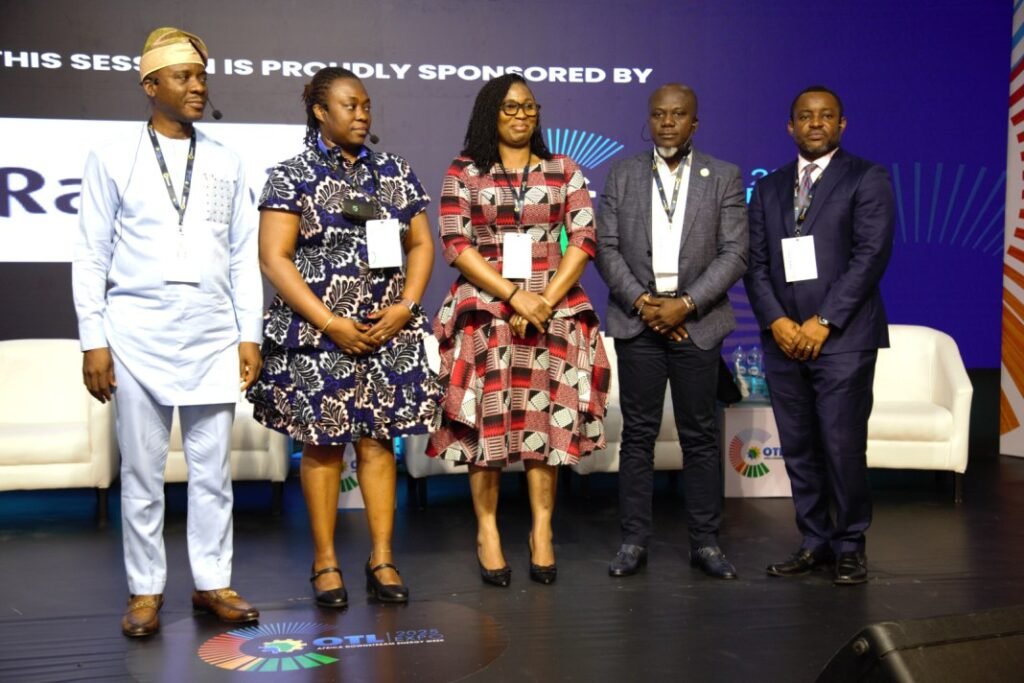
Using Ghana as an example, the COMAC Chairman highlighted how taxes on LPG have priced the commodity beyond the reach of ordinary citizens.
“In Ghana, it is mainly middle-income couples who can afford LPG, and they make up about 30 percent of the population.
“The majority, 60 to 70 percent who need affordable energy are unfortunately being priced out of LPG.”
Gabriel Kumi, COMAC Chairman
Mr. Kumi described these levies as “nuisance taxes” that have hindered the expansion of LPG consumption, despite government’s longstanding clean cooking initiatives.
He pointed out that LPG growth in Ghana has stagnated over the past decade, with consumption growing at less than 5 percent between 2015 and 2020.
“Between 2020 and 2024, growth was below 1 percent.
“It’s only this year, in the first half of 2025, that we’ve seen about 5 percent growth compared to the same period last year. This shows how sensitive LPG consumption is to pricing.”
Gabriel Kumi, COMAC Chairman
The stagnation, he said, reflects the real-world impact of price volatility and the failure to make clean energy accessible to vulnerable populations.
“When people cannot afford LPG, they revert to charcoal.
“That means more trees are cut down and more carbon emissions are released.”
Gabriel Kumi, COMAC Chairman
Comparing Ghana and Nigeria: A Pricing Gap
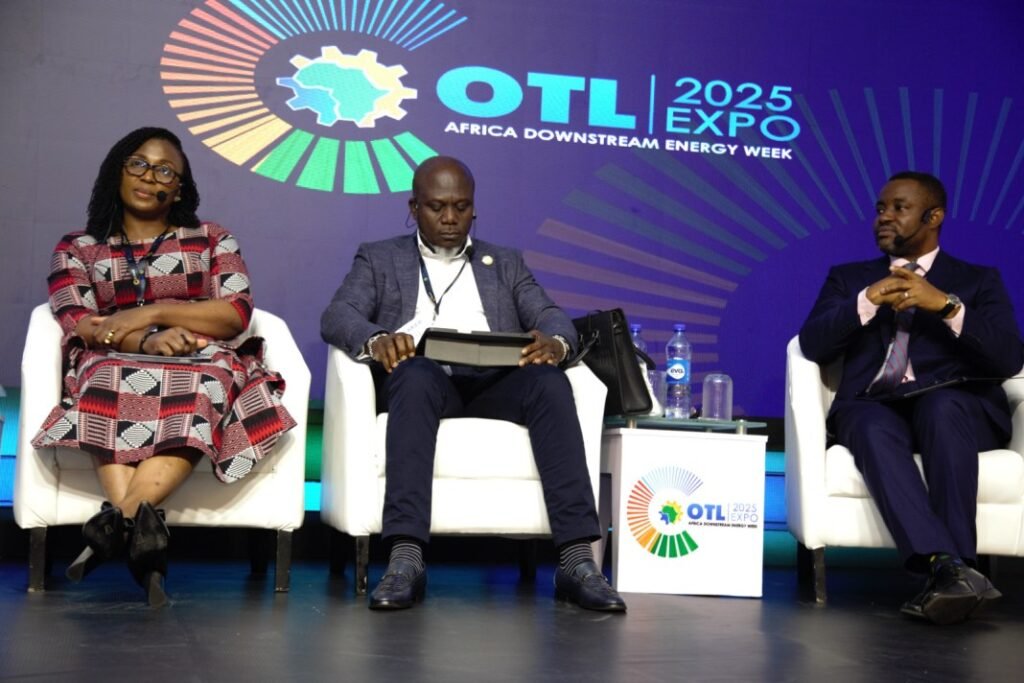
Mr. Kumi commended Nigeria for maintaining relatively affordable LPG prices compared to Ghana and other countries in the subregion.
“Nigeria is doing better than Ghana in terms of pricing.
“The pump price in Nigeria is about 80 cents per kilogram, while Ghana’s is around 120 cents, a significant difference that reflects in consumption trends.”
Gabriel Kumi, COMAC Chairman
He added that while Nigeria’s LPG penetration continues to rise due to supportive pricing, Ghana’s market remains constrained by heavy fiscal burdens. “When you tax clean energy, you punish the very people who are supposed to benefit from it,” he stressed.
The COMAC Chairman urged governments across West Africa to abolish all taxes on LPG and instead consider targeted subsidies for rural and low-income households.
He argued that this policy shift is crucial to accelerating the region’s clean energy transition and reversing environmental degradation.
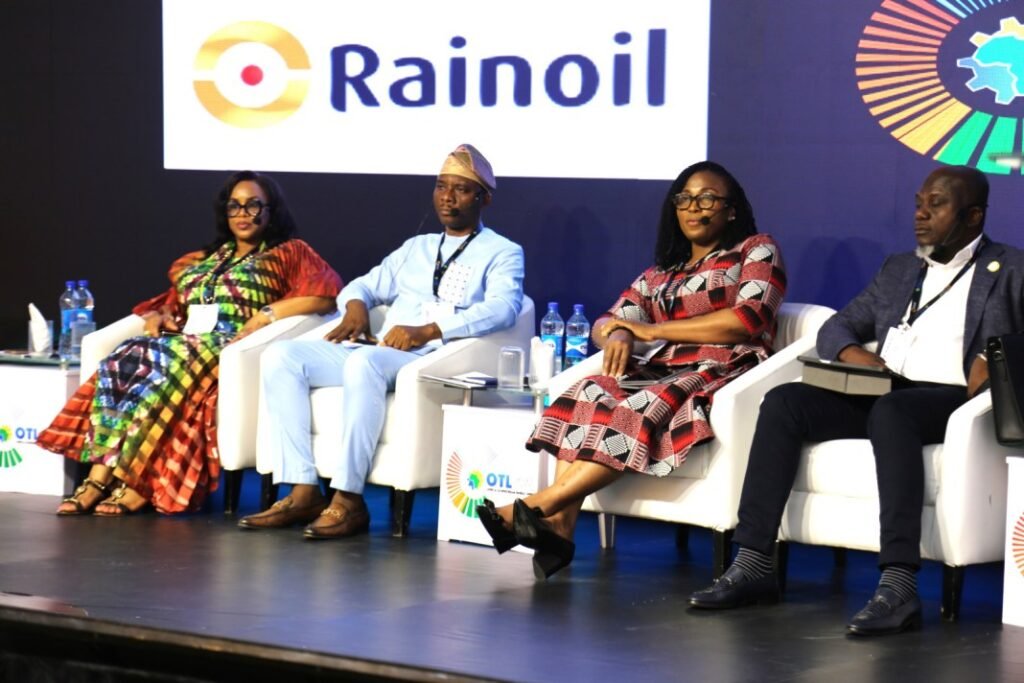
“It’s time to remove all taxes on LPG and go a step further by introducing targeted subsidies for the poor.
“This is not just an energy issue; it’s a health, environmental, and economic issue.”
Gabriel Kumi, COMAC Chairman
Mr. Kumi cautioned that without practical action, policy dialogues and international commitments to climate goals would remain mere rhetoric. “We can hold all the conferences and make all the speeches, but if people cannot afford LPG at the pump, it’s all in vain,” he said.
He stressed that deforestation in West Africa has reached alarming levels, with Ghana, Côte d’Ivoire, and Nigeria recording some of the fastest rates of forest loss in the world, largely due to the reliance on wood-based fuels.
Mr. Kumi urged regional policymakers to treat LPG affordability as an urgent development and environmental priority.

